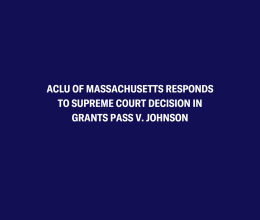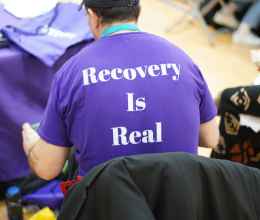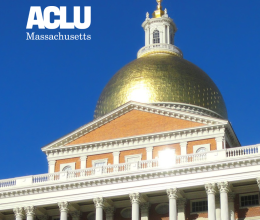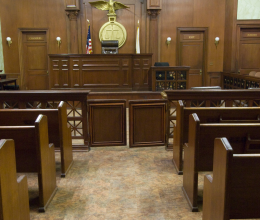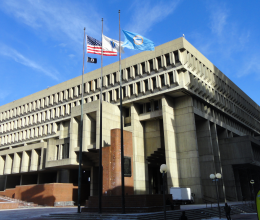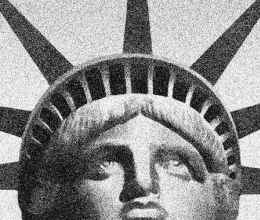
The New York Times Editorial Board recently denounced U.S. Attorney General Sessions' decision to dismantle the National Commission on Forensic Science, highlighting the scandal at Boston's Hinton Lab as an example of what can happen when labs have poor oversight.
Last week, prosecutors in Massachusetts agreed to throw out more than 20,000 drug convictions dating back to 2003 because a single crime lab chemist, Annie Dookhan, admitted in 2012 that she had doctored or completely made up drug test results for years.
It was the biggest dismissal of its kind in American history. And it should have happened years earlier.
Instead, prosecutors dragged their feet like sullen children avoiding homework, making one excuse after another for why they shouldn’t have to do the right thing and dismiss convictions based on obviously tainted evidence.
The scandal is far from the only one to come out of forensic labs, and for a simple reason: Prosecutors and other law enforcement officials, who oversee the labs, want to win cases. As a result, they cling to techniques that are of questionable value at best, if they aren’t provably useless.
A 2015 review by the F.B.I. found that its forensic hair-sample analysts testified wrongly in favor of the prosecution 96 percent of the time. And even reliable scientific practices require strict protocols and aggressive oversight to protect against the Annie Dookhans of the world.
The reliability of these labs — many of which are overworked and understaffed — will only suffer more because of the Trump administration’s knee-jerk bias for law enforcement. On April 10, Attorney General Jeff Sessions announced that he would disband the nonpartisan National Commission on Forensic Science, which was established four years ago to make forensic science independent from the win-at-all-costs mind-set of so many prosecutors.
In Massachusetts, prosecutors absurdly claimed that they had no duty to tell defendants that their cases had been handled by Ms. Dookhan, and that each defendant needed to prove that Ms. Dookhan’s mishandling of evidence had been responsible for his or her individual conviction.
Only after the state’s highest court rebuked the district attorneys in January for their “unacceptably glacial systemic response” did prosecutors agree to vacate about nine in 10 of the 24,000 cases Ms. Dookhan handled between 2003 and 2011 — 21,587 at last count.
Click here to continue reading.
Additional recommended reading:
- DemocracyNow!: Massachusetts to Throw Out 21,000 Drug Convictions After State Chemist Tampers with Evidence
- WGBH “All Things Considered": LISTEN: Thousands Of Dookhan-Related Cases To Be Dismissed
- The Innocence Project: Massachusetts Supreme Judicial Court to Vacate 21,587 Drug Conviction Cases
- New York Times: Chemist’s Misconduct Is Likely to Void 20,000 Massachusetts Drug Cases
- ProPublica:Crime Lab Scandal Forces Prosecutors to Disavow Thousands of Drug Convictions
- Boston Globe: Prosecutors will drop thousands of cases in Dookhan scandal
- ABC: The Latest: Prosecutors toss thousands of tainted drug cases
- NBC:1000s of Drug Convictions May Be Tossed After Years of Evidence Tampering
- WCVB: Prosecutors move to toss thousands of tainted drug cases
- WBUR: Prosecutors Submit Shortened List Of Dookhan Convictions They Want Upheld
- MassLive: Here's how and why an estimated 20,000 Massachusetts drug convictions are now set for a massive dismissal
- NPR: Massachusetts Throws Out More Than 21,000 Convictions In Drug Testing Scandal
Learn more about the case and view a full timeline of the drug lab scandal.
